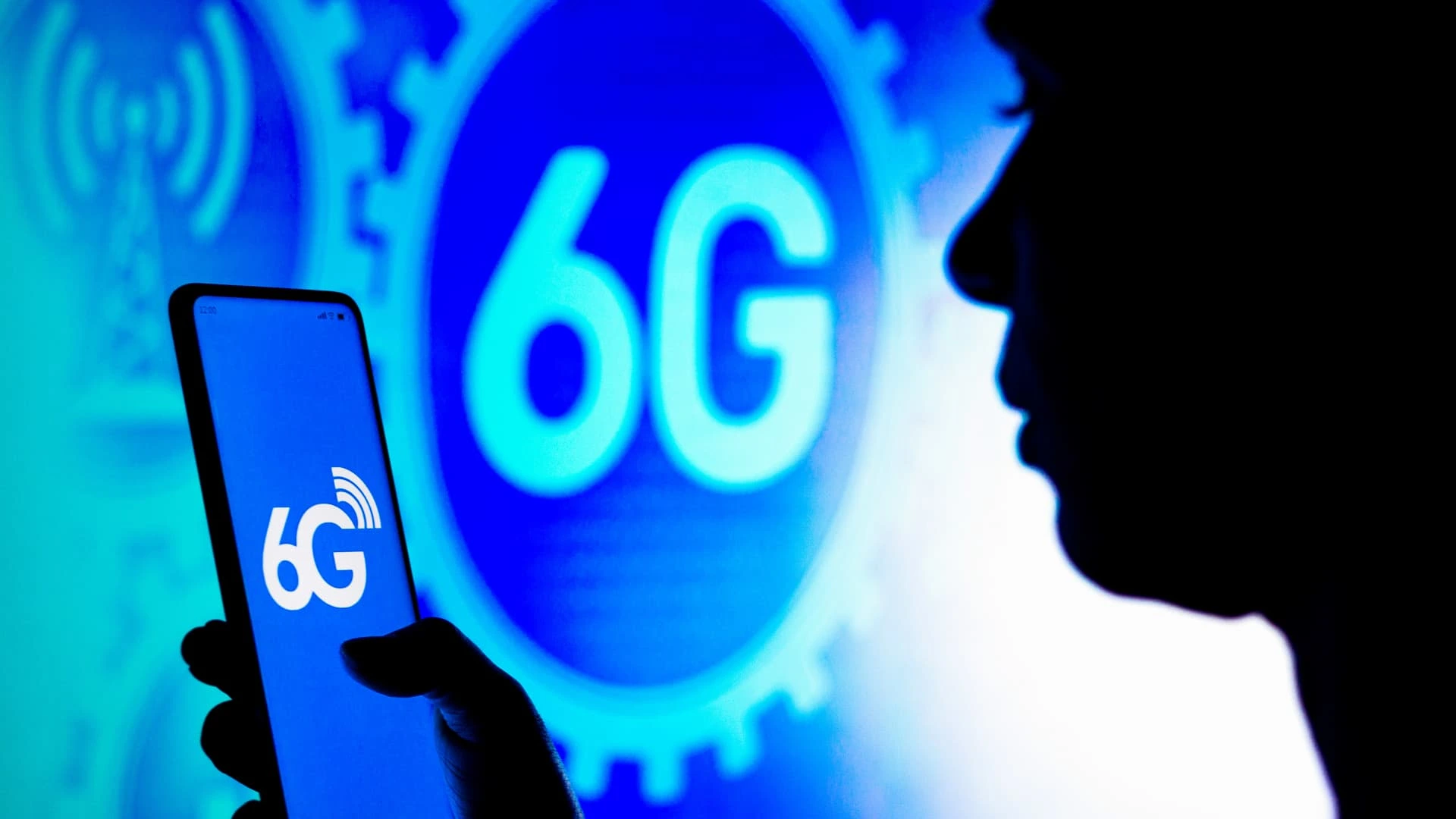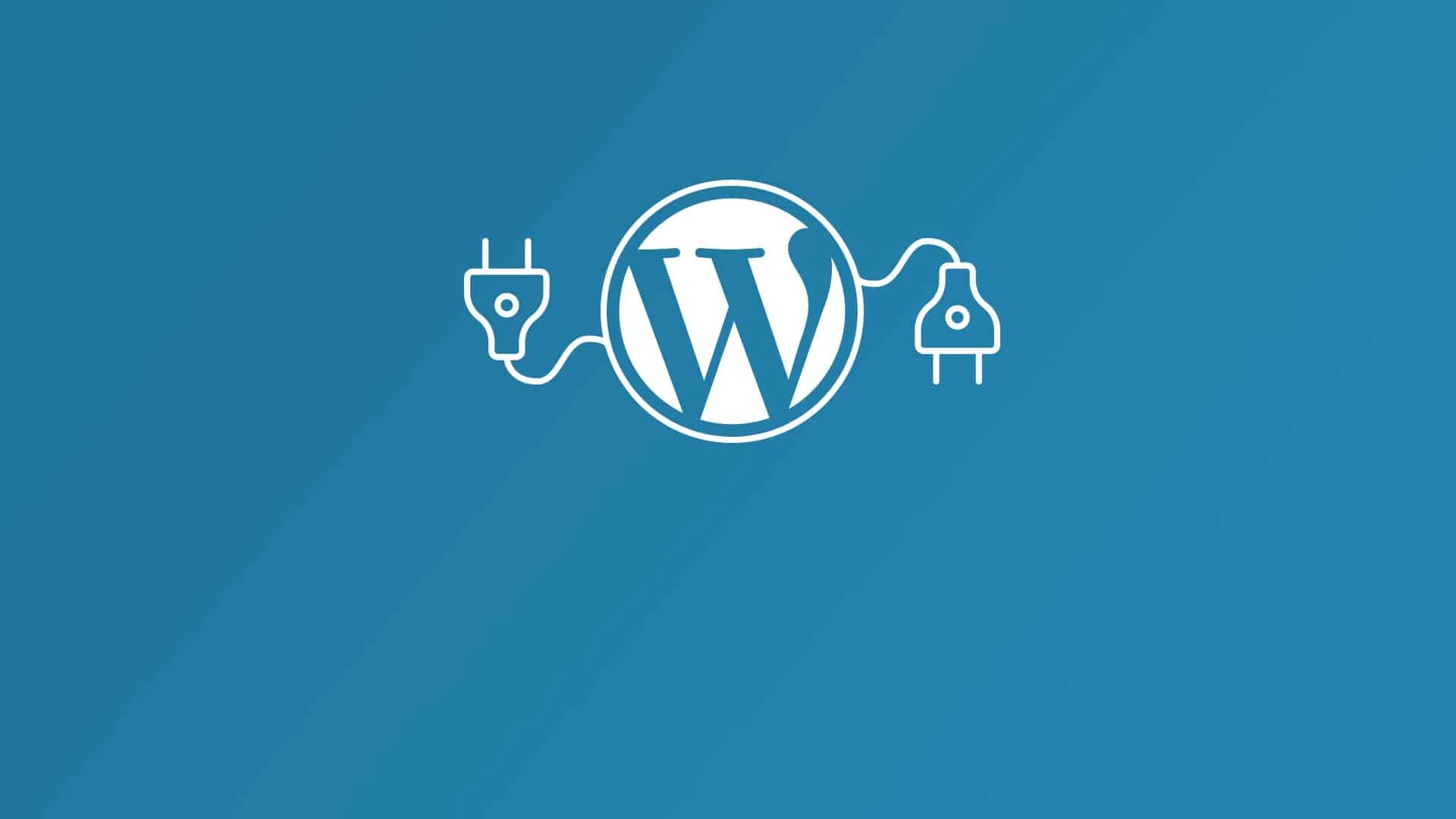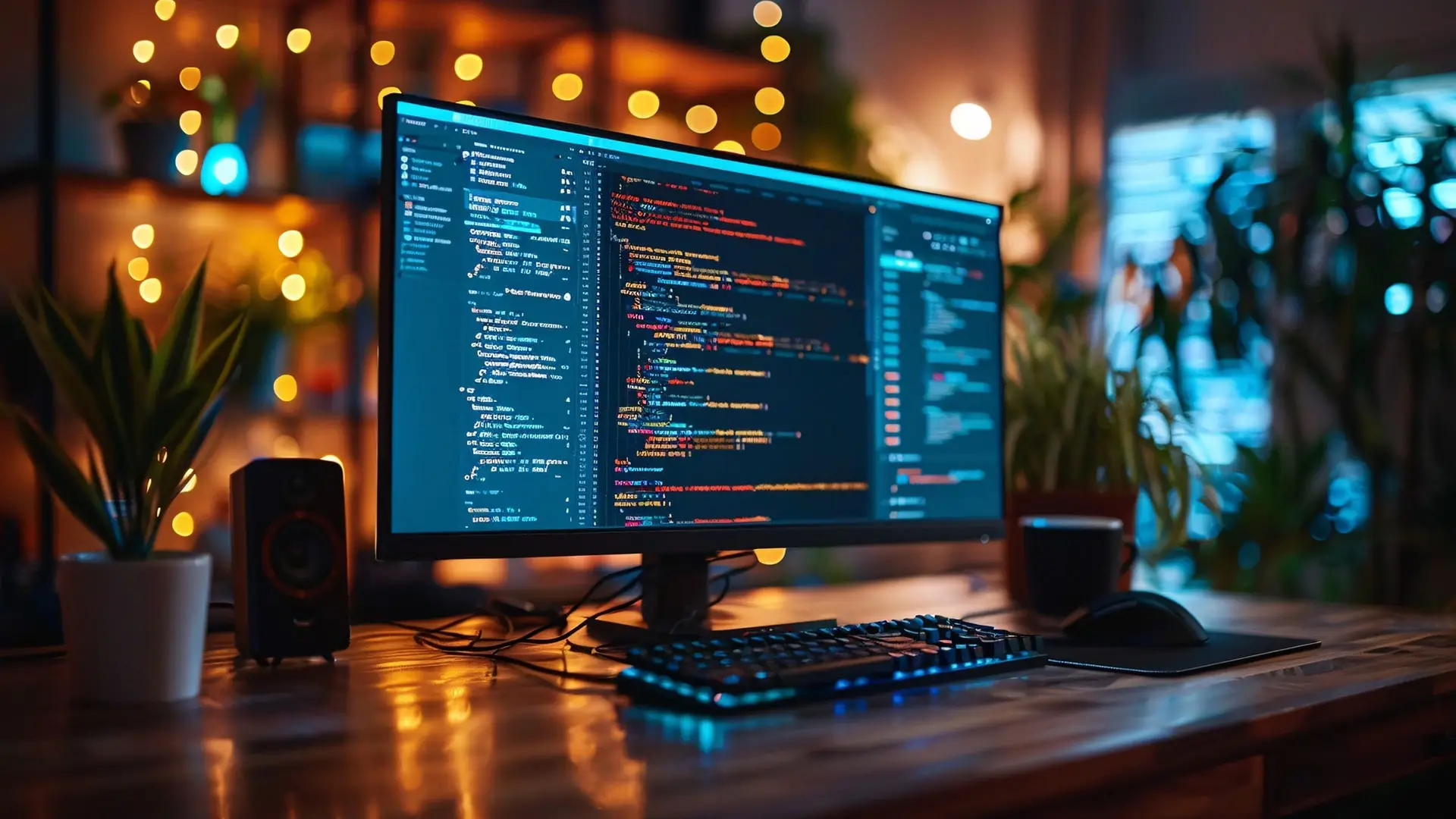Tech Trends to Watch in 2025: A Look at Upcoming Innovations and Their Potential Impact
2025 is shaping up to be a pivotal year in technology. Innovations are multiplying at a rapid pace, redefining usage, business models, and consumer expectations. Here’s a look at the most promising tech trends for this year, and their potential impact on our daily lives.
The Rise of Generative AI
In 2025, generative AI will continue to push the boundaries of creativity and innovation. With tools like ChatGPT and DALL-E, businesses will be able to automate complex tasks, such as content writing, graphic design, and even coding.
Expected impact:
- Time savings and cost reduction for businesses.
- New ethical and legal challenges regarding copyright and content reliability.
6G networks: the next telecommunications revolution
If 5G marked a turning point, 6G promises to be a real revolution. With connection speeds 50 times faster and near-zero latency, it will pave the way for applications that were previously impossible, such as real-time holographic teleportation.
Expected impact:
- Development of smart cities and autonomous vehicles.
- Better integration of immersive technologies (augmented and virtual reality).
Quantum computing becomes reality
quantum computing is moving from the experimental stage to concrete applications. In 2025, we expect to see significant advances in areas such as cryptography, logistics optimization and scientific research.
Expected impact:
- Increased data security through unbreakable encryption methods.
- Solving complex problems in seconds, where current supercomputers would take years.
The explosion of interoperable metaverses
After the promising beginnings of metaverses in 2023 and 2024, 2025 will be marked by their maturity. Interoperable platforms will allow users to move from one virtual universe to another without interruption, thus promoting more varied uses, such as education, collaborative work and commerce.
Expected impact:
- New opportunities for companies in the field of e-commerce and training.
- Issues related to dependency and the management of personal data.
Automation at the service of industry
Automation is intensifying with technologies such as collaborative robots (cobots) and AI, which are transforming production lines. By 2025, massive adoption is expected in sectors such as logistics, manufacturing and even catering.
Expected impact:
- Increased efficiency and reduced costs in industry.
- Reorientation of jobs towards tasks requiring more creativity and analysis.
Biotechnology and Brain-Machine Interface
Advances in biotechnology and brain-machine interfaces (BMI) open up fascinating perspectives for health and productivity. These technologies will make it possible to treat neurological diseases, restore motor functions and improve human cognitive abilities.
Expected impact:
- Revolution in the medical field thanks to more personalized treatments.
- Ethical debate on the limits of improving human performance.
Smart renewable energies
The energy transition is accelerating thanks to the integration of artificial intelligence and the IoT (Internet of Things). Smart energy networks will optimize the production and consumption of renewable energy, thus reducing our dependence on fossil fuels.
Expected impact:
- Reducing carbon emissions and making progress towards climate goals.
- Developing new careers in clean energy.
Next-generation cybersecurity
With the increase in digital data and online threats, cybersecurity will become an even greater priority. Technologies such as AI and quantum computing will be used to counter cyberattacks.
Expected impact:
- Better protection of businesses and consumers against data breaches.
- Need to regularly update the skills of IT security professionals.

The rise of wellness technologies
Technologies related to personal wellness are gaining ground, including health wearables and meditation apps enhanced by AI. These tools offer personalized solutions to manage stress, improve sleep, and monitor fitness.
Expected impact:
- Improved mental and physical health through accessible tools.
- Greater adoption in companies to promote employee well-being.
The development of smart materials
Smart materials, capable of adapting to changes in their environment (temperature, pressure, light), will revolutionize sectors such as construction, energy, and fashion. For example, connected clothing will be able to adjust according to the climate.
Expected impact:
- Construction of more sustainable and energy-efficient buildings.
- Creation of innovative products in the textile and medical industries.
Conclusion: A year full of opportunities and challenges
2025 promises to be a revolutionary year in the technological field. These innovations will offer unprecedented opportunities for companies and individuals, while raising new questions about ethics, safety and sustainability. To take advantage of these trends, it is essential to stay informed and agile in the face of change.




